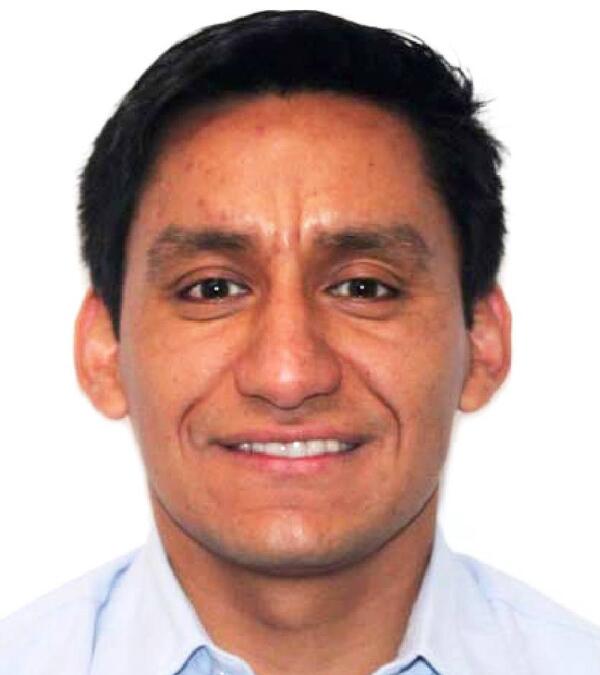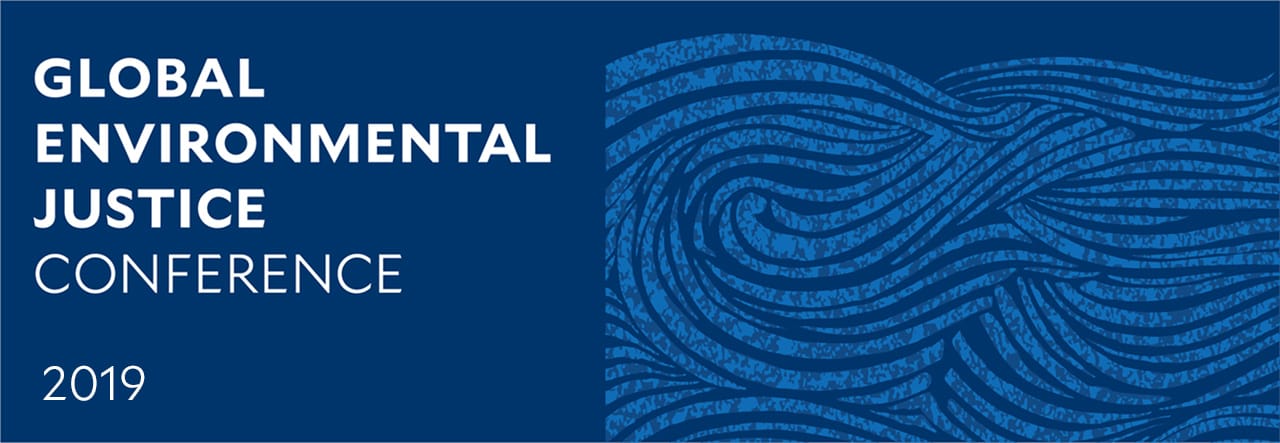Eduardo Pelaez
Architect and Master in Design Studies (Urbanism
Landscape
Ecology)
Harvard University Graduate School of Design
This research seeks to theorize, document, and highlight alternative elements of adaptation made by local residents by inhabiting weak grounds, categorized as wet, waste, and steep grounds. This research project calls attention to new narratives in the understanding of self-built settlements in the intersection among tectonic substructures, vulnerabilities of those grounds, environmental justice, and the adaptation responses of people in their built environments. The knowledge produced by communities strikethrough the term weak and highlights unseen resourceful strategies and ecological flux systems that enable people to inhabit those environments and bring environmental justice by local residents.
Type of work: Abstract
Rapid population growth, rural-urban migration, and the occupation of vulnerable territories are powerful characteristics for the increase of informal settlements worldwide. Largely, informal settlements have been defined by socio-economic standards, poverty, and lack of infrastructure. However, there is little research to comprehend the ecosystems, grounds, and implications of settling those environments. This mode of spontaneous urbanization has generally occupied the most vulnerable places of cities with “bad geology,” which are usually located in areas prone to environmental hazards, such as groundwater flooding, subsidence, and landslides (Davis 2006: 121). For this reason, people who live in informal settlements have had to learn how to cohabitate with their environmental vulnerabilities, such as swamps, floodplains, and riversides, which are all wet grounds susceptible to groundwater flooding; rubbish mountains, which are waste grounds vulnerable to subsidence; and, unstable hillsides and steep slopes, categorized as steep grounds susceptible to landslides.
Work Product: Presentation
Weak Grounds: Elements of adaptation of self-built communities
Work Areas:
Community-based research,
Disaster and recovery,
Distribution of environmental hazards,
Local or traditional knowledgeWork File:
 eduardo_pelaez_sm_0.pdf
eduardo_pelaez_sm_0.pdf






